
By Abdulwarees Solanke
Recently, I started a discourse on Telling Sustainable Development Stories. But the truth is, most mass media in Africa are at crossroads of playing the role of societal watchdog. Functioning as the fourth estate of the realm demands independence, objectivity, balance and a correct appreciation of differences between public and national interests and government interests.
It is in this appreciation that the mass media can also play the agenda-setting role, which raises the question of what agenda the media must set. Ideally, the mass media’s agenda is public interest-based, which must form the basis of government decisions, policies, and actions. The agenda may, however, originally be at variance with thinking inside government, but it must contain alternatives and options, pathways, and possibilities.
Indeed, there comes a time in the life of any nation, desirous of change, progress, and development that difficult choices and decisions have to be made. This is the time for us not only in sub-Saharan Africa but in all other regions of the world grappling with development challenges.
But, that choice or decision is not for the government or the leadership of these countries alone to make. While the buck may stop at the desk of the leaders, whatever choice or decision they make will in the final analysis still be subject to citizens’ approval or validation and support.
In countries of sub-Saharan Africa, including Nigeria, the challenge is not just of economic dimension, even though it seems most manifest in the dismal macroeconomic indices of productivity, employment, savings, investment and consumption. It is a challenge in their entire policy-making process.
This real challenge can be located within the structure of the polity of the various countries, which invariably determine the colour of their politics, dictate the nature of their governance, and affect the stability of their economy.
This combination has so far been dictating how various stakeholders within and outside government support, validate and implement reform projects and policies of their governments.
In Nigeria, for instance, this is a remarkable feature of the country’s post-colonial history since 1960 when she gained political independence from Britain till today when the country is battling many nation-building crises. These crises have collectively hampered the pace of Nigeria’s development despite her unquantifiable endowments and huge leadership potential, not only in Africa but also in the entire world.
The issue is that many countries in Sub-Saharan Africa hardly outlived their politics of prebendalism as they still grapple with foundational crises of nation-building.
Read Related Articles:
The dominant discussion of restructuring or dissolving the nation among some interest groups is a pointer to the weakness of national cohesion when themes like marginalization, corruption and other negative values that compromise national growth and sustainable development rule the airwaves and the press.
In this scenario, no matter how sincere or good the intention of the country’s leadership or government in any reform initiative, such initiative will still be a victim of political dynamics.
This combination of the structure of the polity, the colour of politics and the fibre of governance, therefore, determines how the elites, the bureaucrats and the technocrats, the labour movement, the mass media and other interest groups aggregate on the policy issues African nations have to address in their quest for sustainable development.
This being so in the process of decision-making, the countries are usually constrained in the constituent of participants, the sincerity of advisers, the range and rationality of choices and alternatives and the quality and acceptability of decisions whenever any reform project is to be embarked upon.
The mass media that are supposed to be facilitators are also caught in this web in the issues they frame or mainstream and the agenda they set. In this context, we must raise a dozen questions germane to achieve success and sustainable development in our reform projects.
These questions underline the nature, relevance and depth of sustainable development stories that media should feature about our continental Rim. Such stories should reflect the richness and diversity of our content and themes. They should also reflect how we tell such stories to inspire or facilitate understanding of our issues.
How does the media tell the stories to give them authority, validity and credibility? And how do they consequently engender the support of all relevant actors and stakeholders? These essentially are the purpose of public service media working for the achievement of sustainable development in their respective countries.
In my next reflection, these are the concerns I will be raising. I will share insights and perspectives on what media managers should focus on in our daily programming and periodic publications. And what social media should always reflect in addressing poverty? The technological explosion should neatly network to lift our people out of backwardness, diseases and disconnectedness in a globalised world.
Solanke is currently Head/ Deputy Director of Strategic Planning and Corporate Development Department Voice of Nigeria. (korewarith@yahoo.com, 08090585723)

Do you have a flair for Citizenship Journalism? Share story(ies) of happenings in your area with The NewsZenith on WhatsApp: 08033668669 or thenewszenith@gmail.com
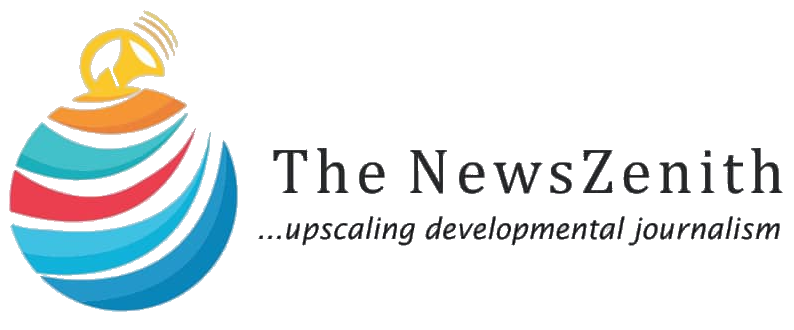
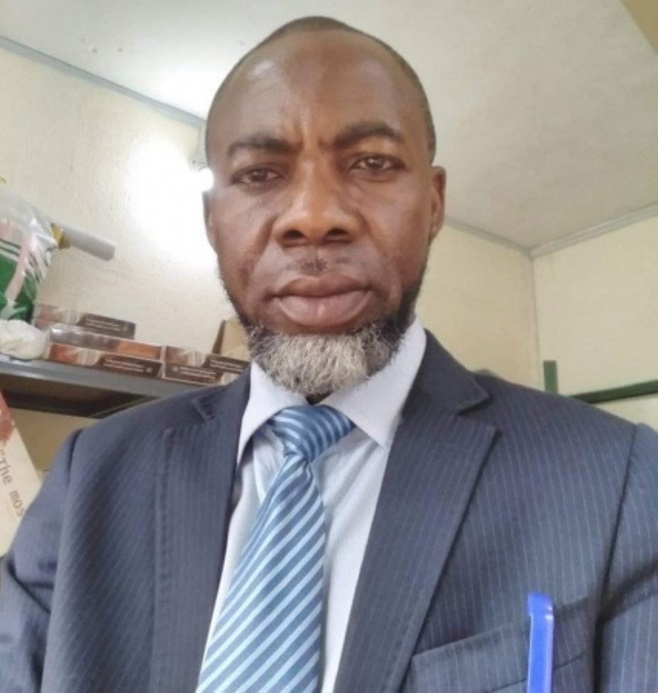
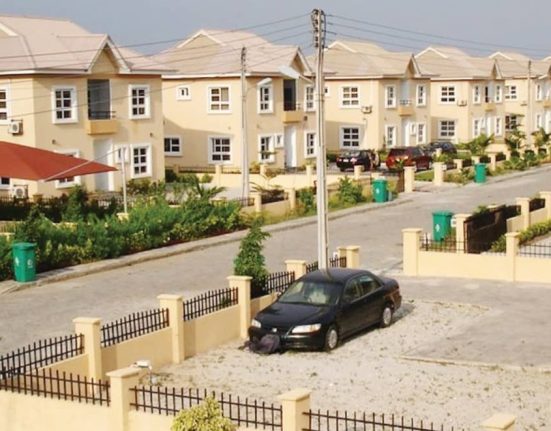
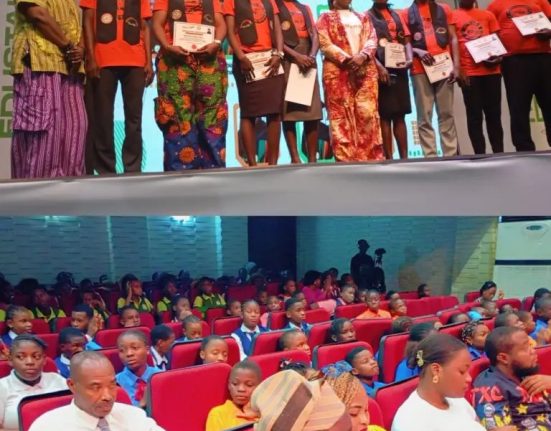
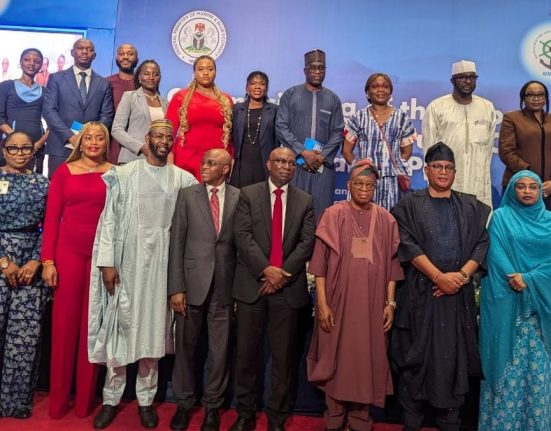

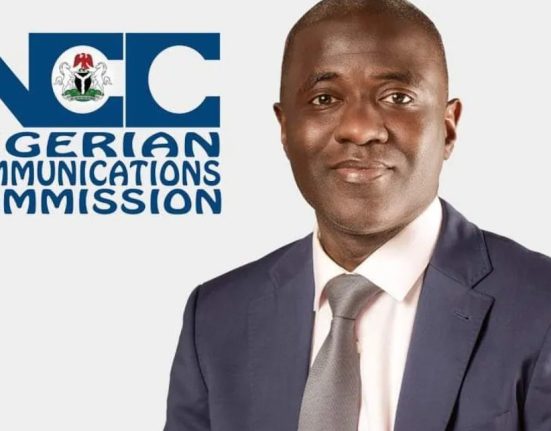
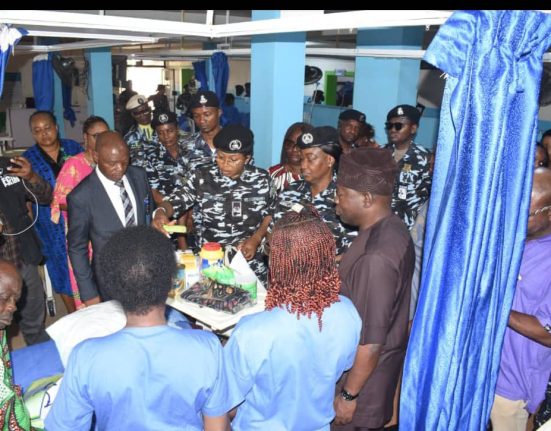
2 Comments